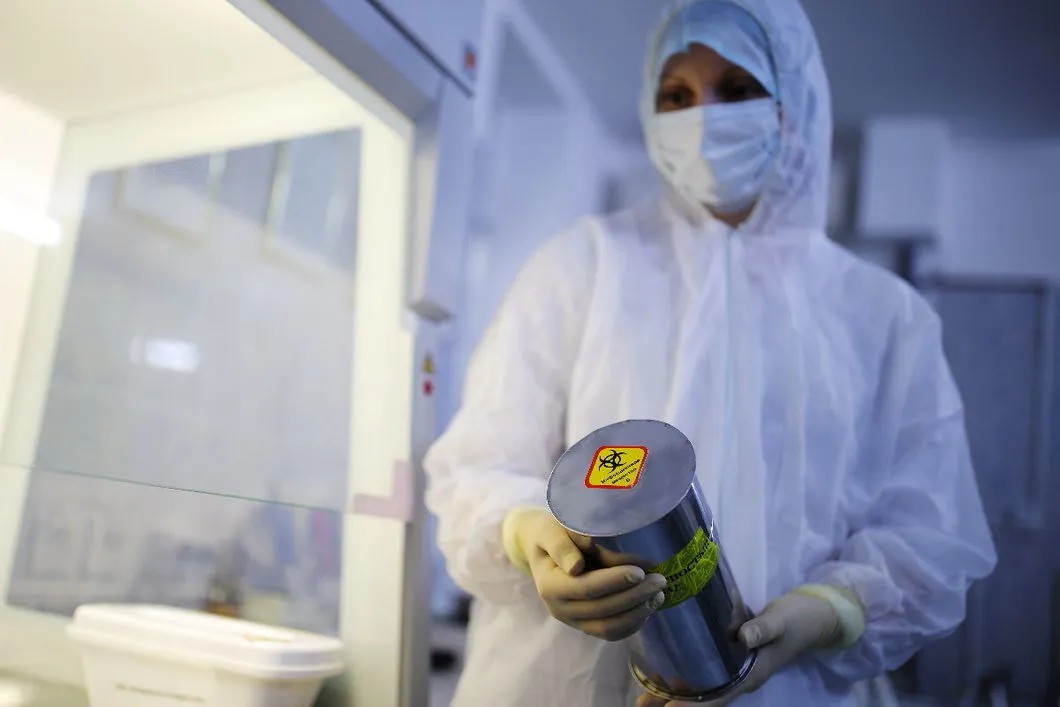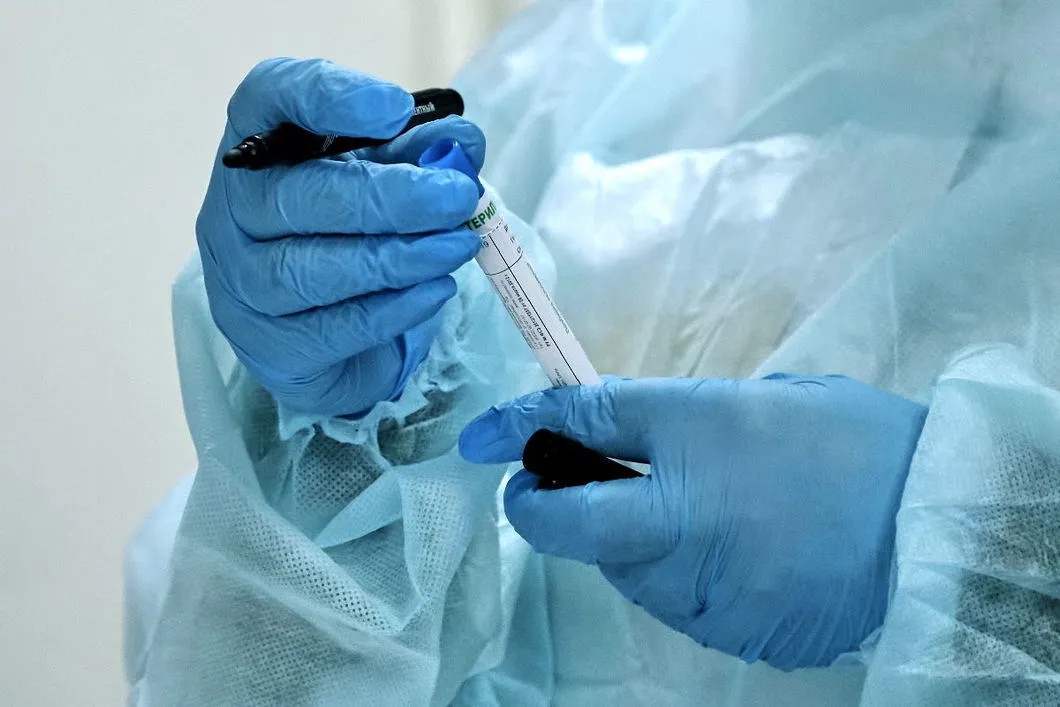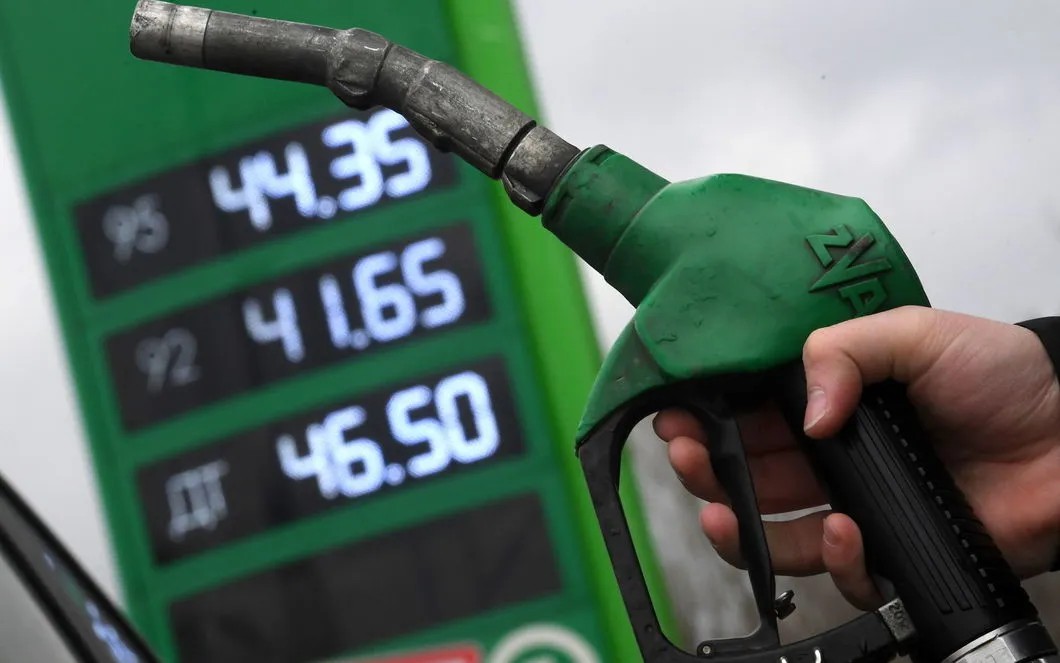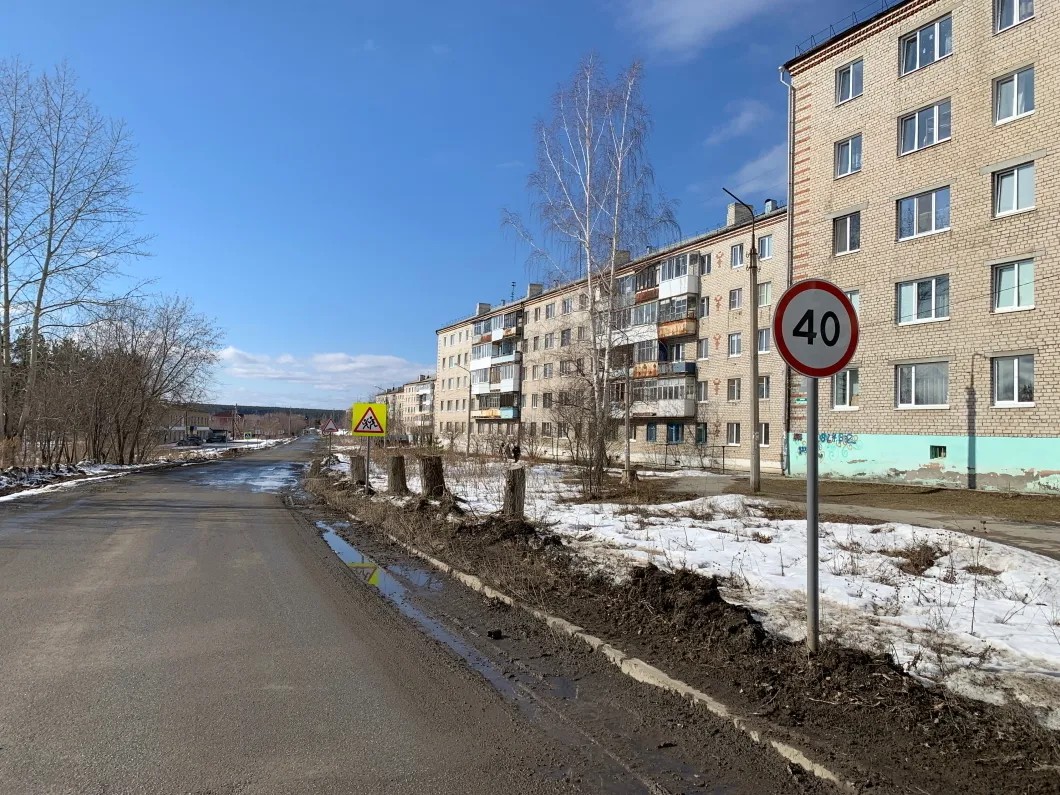
This Week’s Highlights
Russia’s battle to contain the coronavirus outbreak is complicated by lack of testing facilities, allegedly poor quality tests and porous borders; our columnist discusses the high-cost of fighting COVID-19 for ordinary Russians; the first woman in space causes a small-town controversy; and China leaves Russia’s largest oil company without its biggest client.
Want to get the full story? Click the links below for full-length articles in Russian.
New feature! Russia, Explained Audio Briefing. Also available on Apple Podcasts and Google Podcasts!
Russia’s Coronavirus Chronicles
Russia now has nearly 500 confirmed cases of the coronavirus, but only one death has been registered so far. That said, officials are insisting that the 79-year-old patient, who tested positive for COVID-19, actually died from a blood clot — causing plenty of public skepticism. In the meantime, the authorities are urging people to stay at home, but have yet to enforce strict quarantine measures.
Testing, testing, 1, 2, free. The Ministry of Health reports that around 100 thousand people have been tested for COVID-19. But the results are rolling in slowly. Russia only has one lab (in Novosibirsk) that is equipped to process the test results, so it takes about three days. As the global pandemic escalates, however, authorities in the regions are promising to provide free testing, in an attempt to calm the public. This offer was first rolled out in St. Petersburg starting on March 18.
Poor testing = low numbers.With only about 500 reported cases among a population of around 146 million, Russia’s coronavirus numbers look comparatively optimistic. However, infectious disease specialist Alexey Yakovlev says that these low numbers are a result of poor testing, rather than favorable conditions. Apparently, Russia’s testing methods are less accurate than the ones in Europe.
“If you were to go to the clinic for testing, you wouldn’t find out if you have the virus [while you’re there],” Yakovlev explains. “But you may well bring the disease back to your elderly parents. So these [test] centers at the clinics make absolutely no sense.”

Migrants stuck in limbo.Meanwhile, border closures have left nearly 400 people stranded in the departure areas of Moscow’s airports. And because of the country’s tightened visa restrictions, they can’t go anywhere else. The embassies of Kyrgyzstan and Tajikistan have promised to charter extra flights, but with so many planes grounded, these foreign nationals are likely to be camped out at the airport for a while, putting them at risk of contracting COVID-19.
The porous border with Ukraine. Both Russia and Ukraine closed their borders to foreign nationals last week, however, the situation along the Russian-controlled border with the self-proclaimed “people’s republics” in Ukraine’s Donetsk and Luhansk regions is far from under control. According to our correspondent, cars are still crossing from Russia to Ukraine and bus tickets to and from are still on sale, as well. And all of this is happening in spite of the sketchy epidemiological situation in the region.
“Double outbreak” at the Russian border. Reportedly, 91 people have been hospitalized with suspected cases of pneumonia and there are no COVID-19 tests available in the uncontrolled areas of the Ukrainian Donbas. What’s more, a new report from our partner outlet Spektr reveals that the region is also suffering from a deadly outbreak of swine flu. So while both the “people’s republics” claim to be under quarantine, it’s not clear which viral outbreak is actually affecting the region.
Read more about Russia’s coronavirus testing methods here and our correspondent’s report from the border with Ukraine here.
The Cost of Fighting COVID-19 for a Poor Country, Explained
Countries around the world are implementing increasingly strict measures to fight the spread of the coronavirus and mitigate the economic impact of the pandemic. But our journalist Anastasiya Mironova fears that these strategies won’t work in Russia.
Factoring in the informal economy.“The first and main measure is quarantine. So far, we’ve seen that in China, Taiwan and South Korea isolation helped,” Mironova writes in one of this week’s most popular columns. “But who is going to isolate themselves here? People are working for ‘grey’ [informal] salaries.” As Mironova explains, most people in Russia can’t afford to take two weeks off work, even if the government is promising compensation for quarantined citizens. Many people are living off of the country’s minimum wage and although it was increased in January of this year, it still only totals about $150 per month.
The high cost of quarantine.Moreover, it recently emerged that people who have to undergo quarantine are being forced – under threat of losing their jobs – to go on leave at their own expense. And even those with paid medical leave will likely take a pay cut, since most people only make half their wage on sick days. “So even these pennies, half of the minimum wage, are not being paid,” Mironova emphasizes. Plus there’s the fact that there’s no support for the country’s millions of people who are working in the informal economy.
Поддержите
нашу работу!
Нажимая кнопку «Стать соучастником»,
я принимаю условия и подтверждаю свое гражданство РФ
Если у вас есть вопросы, пишите [email protected] или звоните:
+7 (929) 612-03-68

“Russia is a poor country.”Finally, Mironova points out that the high cost of testing and treatment for the coronavirus makes it widely inaccessible.“Today I read [that] in Russia, if you want to get yourself tested, you have to pay at least 13,000 rubles [$163]. And who will go to such an expense?” she underscores. “People do not have the money to buy groceries and sit in isolation for at least 10 days,” Mironova continues. “Russia is a poor country. And we will get sick with the coronavirus, like other poor countries.”
Quarantined pensioners get next to nothing.On 23 March, the authorities in Moscow announced measures that basically prove Mironova’s point: people over the age of 65 are now forbidden from leaving their homes, but the city is offering just 4,000 rubles (around $50) in compensation. Moreover, the money will be handed out in two increments, so they won’t get the remaining $25 until the lockdown is over. The authorities in Moscow have, however, made an exception for Putin – he will be allowed to carry on his duties, despite being 67 years old.
Read Anastasiya Mironova’s full column on the cost of fighting the coronavirus here.
Tereshkova Street Controversy, Explained
A petition demanding the renaming of Valentina Tereshkova Street in the small town of Artyomovksy (located near the Ural mountains) drew over 7,700 signatures from people living on the edge of European Russia. The petition was launched after United Russia deputy Valentina Tereshkova – the world’s first female cosmonaut – proposed a constitutional amendment that would “zero” Putin’s presidential terms and effectively enable him to run for re-election in 2024 and possibly remain in power until 2036.
Cosmonaut turned pro-Putin deputy.Tereshkova became a State Duma deputy for Putin’s ruling party in 2011 and she is known for backing a number of unpopular bills. In addition to increasing the retirement age, she also supported the so-called “anti-Magnitsky law,” which sanctions a number of US citizens for their alleged involvement in human rights violations against citizens of Russia. The controversial law also banned all US citizens from adopting children from Russia.
The people behind the petition.The authors of the petition call themselves “activists” from the “Artyomovsky Communist Party of the Soviet Union.” And while they respect Tereshkova as the USSR’s first woman space, they now believe that she “largely embodies other values.” For them, Tereshkova’s proposal on “zeroing” Putin’s presidential terms was the last straw.
“We believe that taking into account her current political activities, with all due respect to her merits as the first Soviet woman-cosmonaut, Valentina Valdimirovna Tereshkova should not be immortalized on the map of our city,” the petition says.
“We are not taking this petition seriously,”says the city’s mayor, Konstantin Trofimov. He claims that his office was unable to identify the people behind the petition. And the way he sees it, there’s nothing wrong with honoring Tereshkova, given her past achievements: “In general, I wondered why the petition talks about Artyomovsky in particular. After all, many cities have a Tereshkova Street,” Mayor Trofimov said.
Poverty > Putin. After spending an entire day interviewing locals in Artyomovsky, our correspondent was unable to find anyone who supported renaming the street. Instead, many were trying to decide on how to vote in the upcoming nationwide plebiscite on Putin’s package of constitutional reforms. While many remain undecided, the locals are well aware of what issues matter most to them: the town’s aging population complained about everything from crumbling roads to piddling pensions, which leave many elderly people trying to survive on as little as $150 per month.

“Look at how impoverished we have become.Pensions are 12,000 rubles and 4,500 of this goes to a communal apartment alone. Another 4,000 [is spent] on medicines. As for the rest – I don’t want to eat,” – local pensioner Anastasiya Ivanovna on why she will be voting against the proposed amendments to the constitution.
Read more about the petition to rename Artymovsky’s Valentina Tereshkova Street here.
Other Top-Stories Russia Has Been Reading
- China abandons Rosneft.Our most-read story this week was about Beijing’s decision to stop purchasing hydrocarbon imports from Russia’s biggest oil company, Rosneft, allegedly because of U.S. sanctions. After Moscow backed out of the OPEC+ deal, the Chinese state-owned oil company Sinochem Group made the exclusion of Rosneft and its subsidiaries one of the conditions of its oil tender with Russia for May and June. This could be a threat to Russia’s oil market since China is the country’s biggest buyer; importing up to 2.5 million barrels of Russian oil per day. Last year, 47 percent of oil exports through Russia’s pipelines went to China, as well as a third of deliveries through the country’s ports.
- We need to talk about Sechin.Following a dramatic fall in global oil prices, people are still fixating on the role of Rosneft CEO Igor Sechinin pulling Russia out of OPEC+. Meanwhile, Sechin is insisting that the price of oil will be back up to $60 per barrel by the end of the year. “It’s as if someone ordered Igor [Sechin] to go out to the people and explain himself,” writes our politics editor Kirill Martynov. He also points out that at the same time, gas prices in Russia are as high as ever. “Experts believe this is specific to the Russian oil market, which was built in the interests of oil oligarchs,” Martynov explains. “They always prefer to maintain high rates for fuel for export, rather than make it more accessible for the population.” The ruble, on the other hand, is not immune to the rapidly decreasing price of oil and is continuing to lose value as the US dollar soars.
Thanks for reading! To keep up with Novaya Gazeta’s reporting throughout the week, you can follow us on Facebook, Twitter, Instagram and Telegram. Our video content is available on Youtube and don’t forget to visit our website for the latest stories in Russian. Until next time!
— The Novaya Gazeta Team
Поддержите
нашу работу!
Нажимая кнопку «Стать соучастником»,
я принимаю условия и подтверждаю свое гражданство РФ
Если у вас есть вопросы, пишите [email protected] или звоните:
+7 (929) 612-03-68